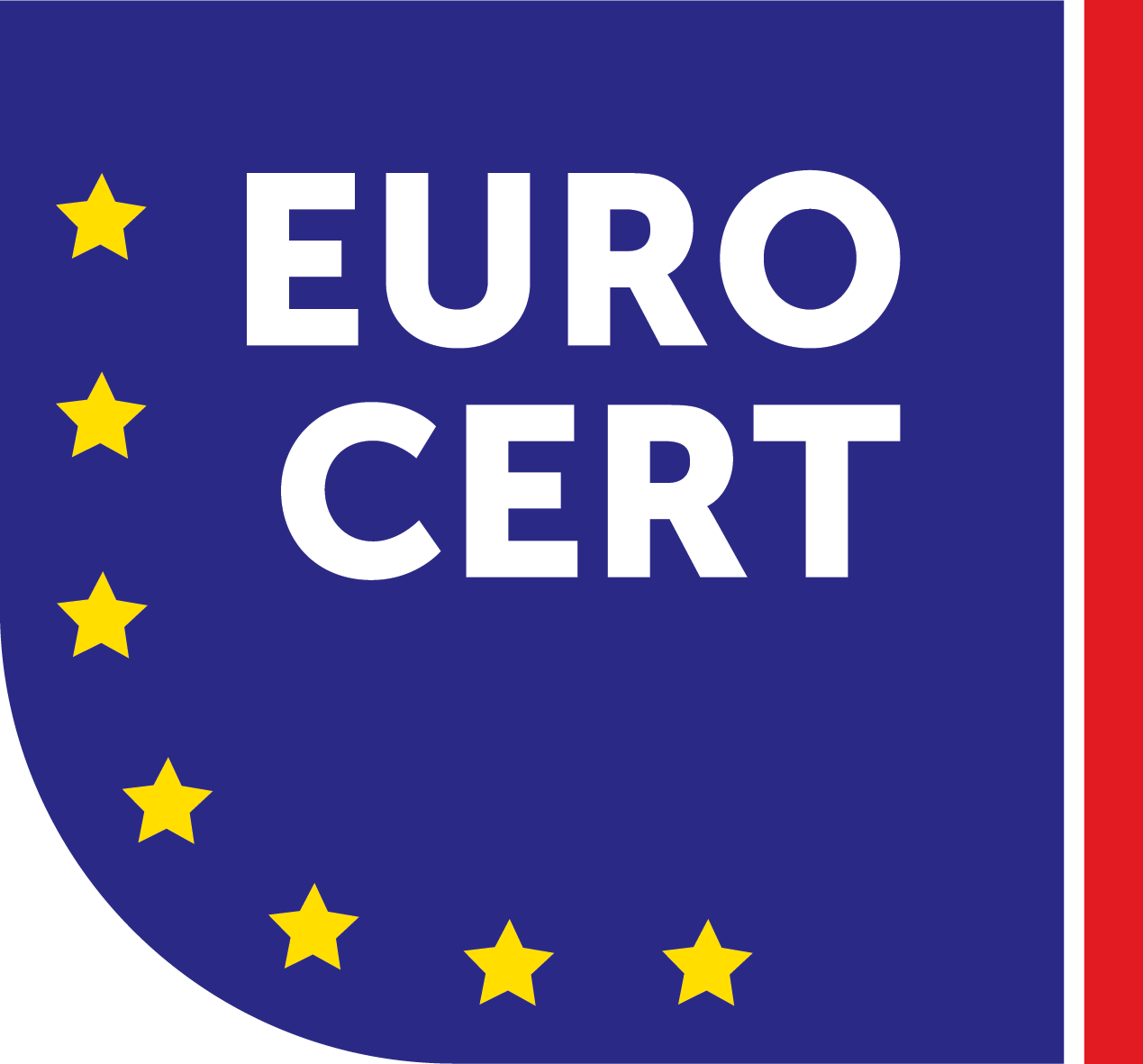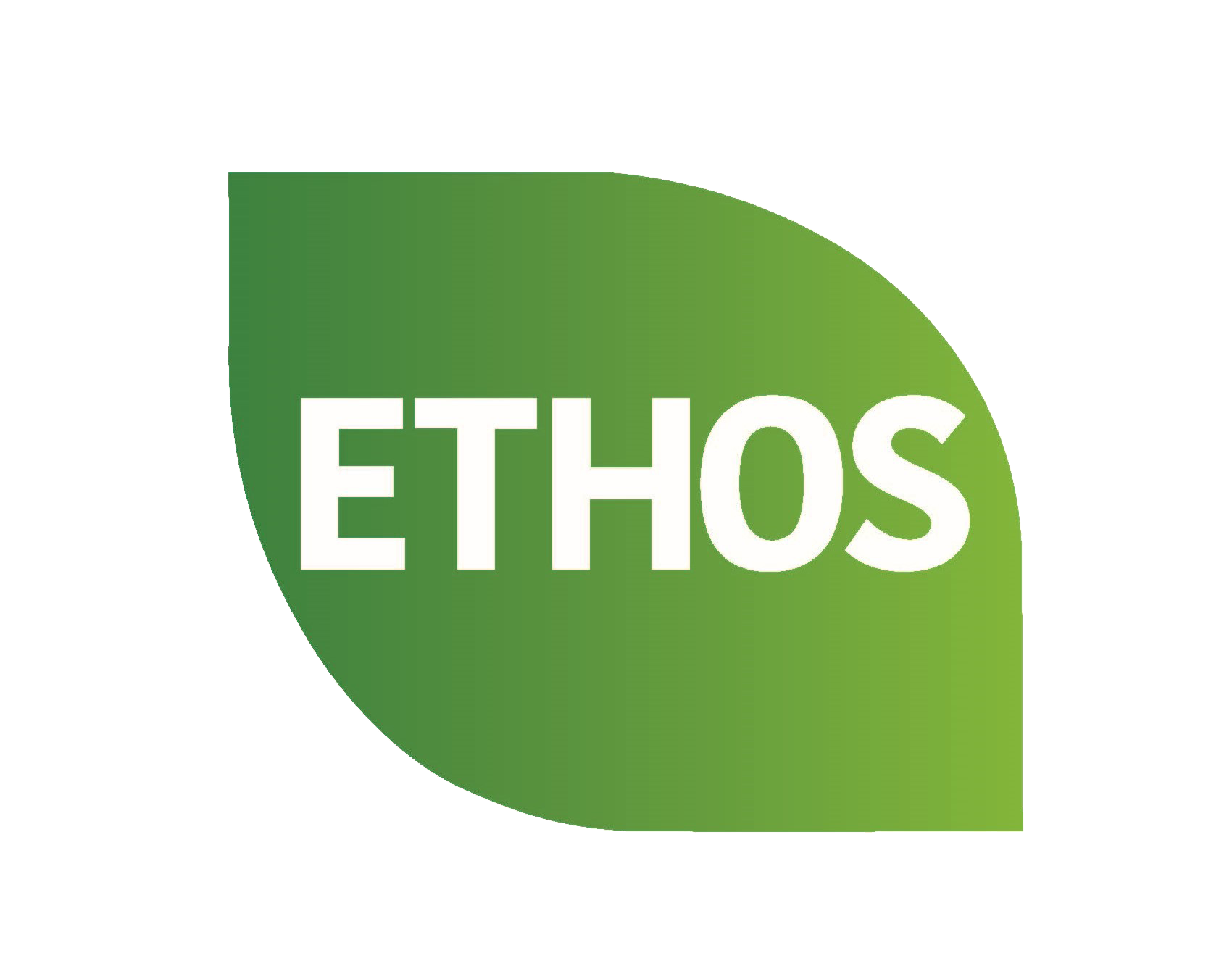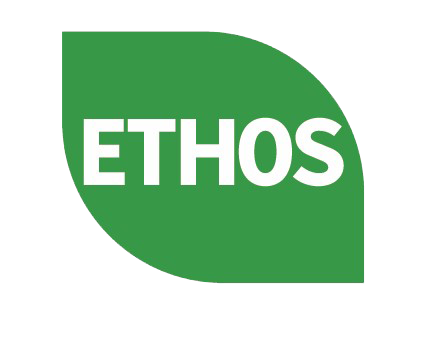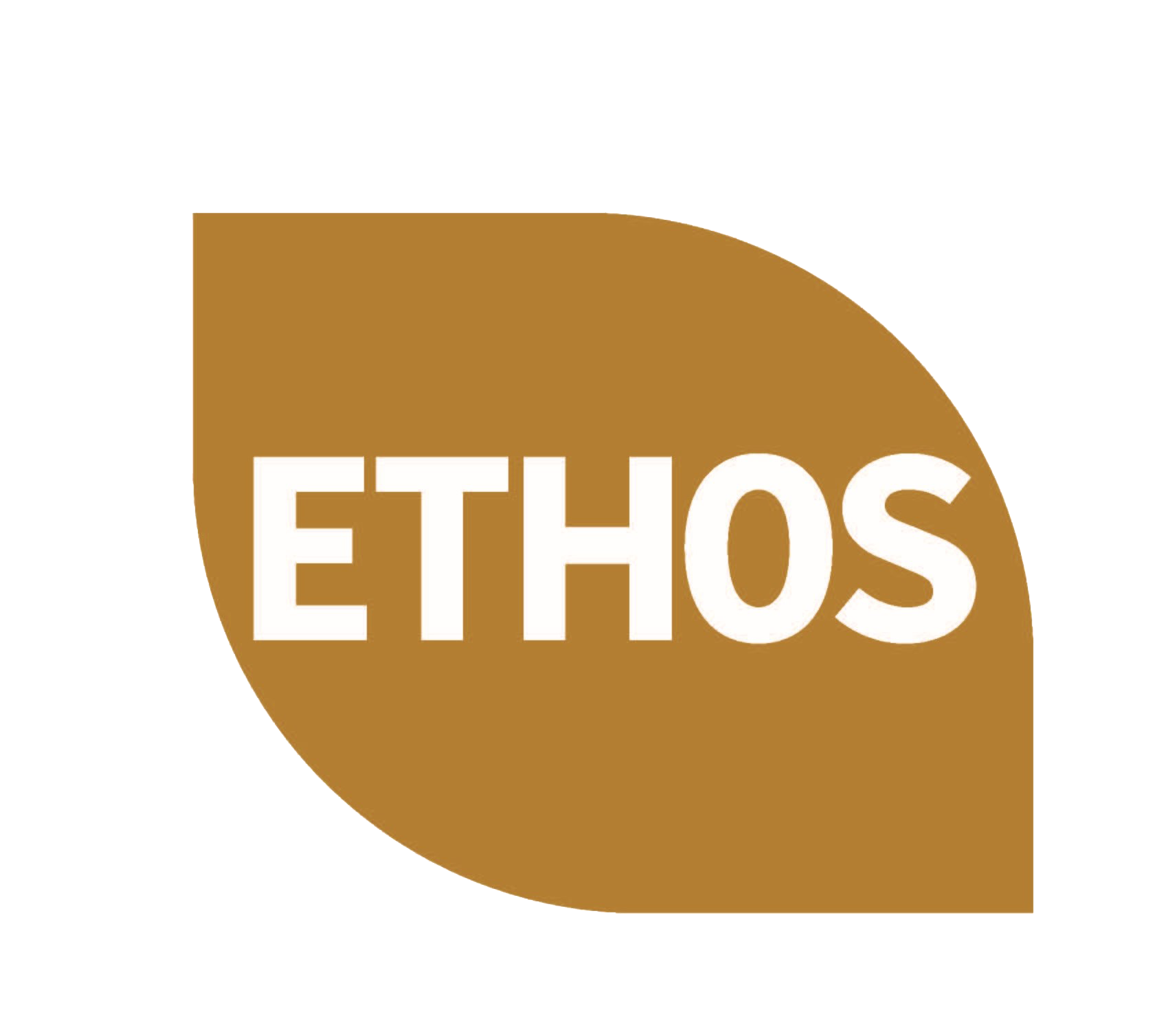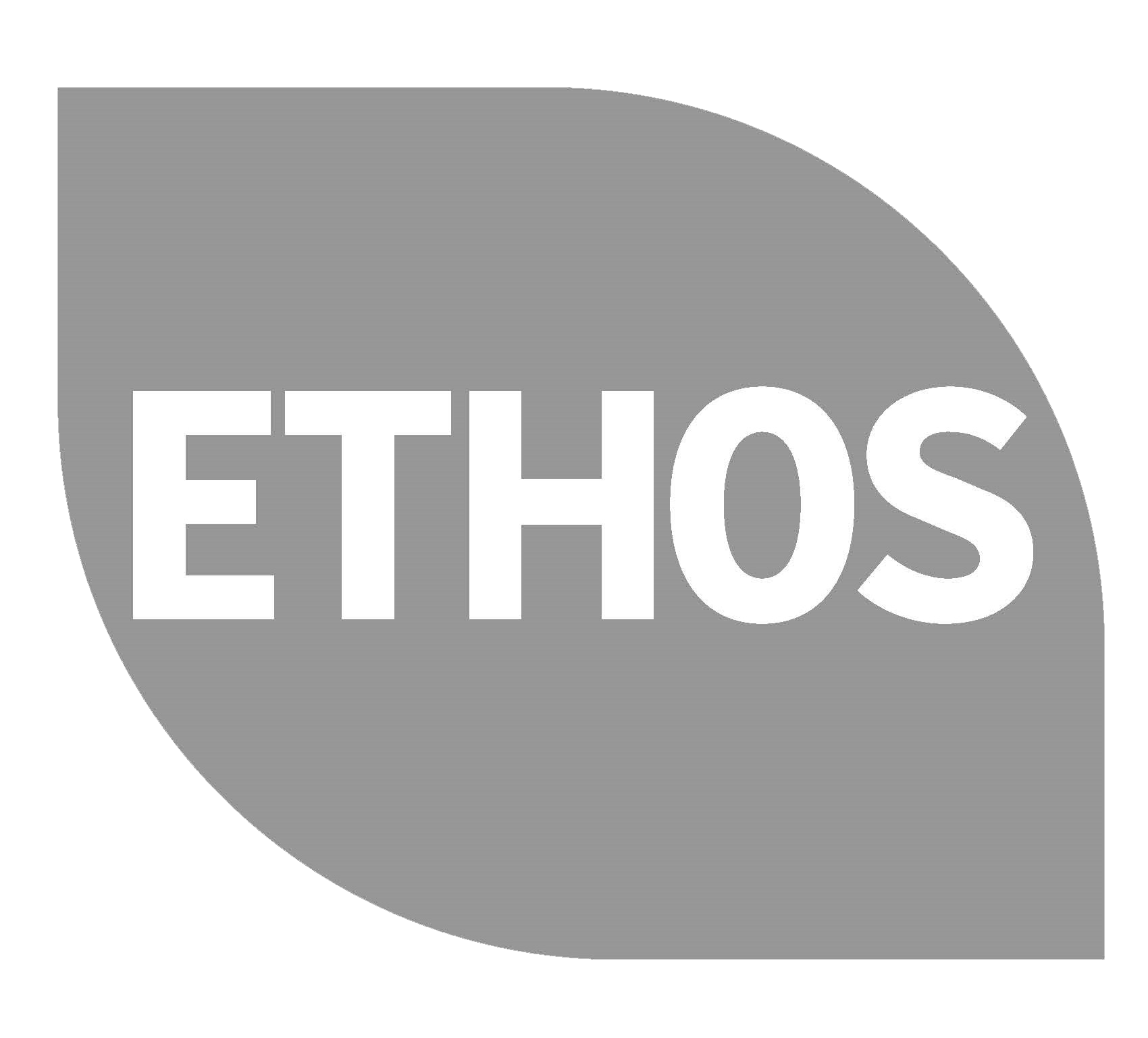IFS ESG Check is a verification tool for evaluating sustainability management systems. It is based on a flexible modular approach and can be combined with different modules or implemented alone. Companies can choose between different voluntary modules to focus on individual supply chain risks (e.g. risks related to greenhouse gas emissions, food waste, water scarcity, human rights-related risks, etc.)
The basic module of the IFS ESG Check focuses on recording a company's sustainability management system. As an optional additional module, the IFS ESG Check allows companies to evaluate their carbon footprint management system and determine their footprint. For this purpose, IFS cooperates with nature Office, a consulting and IT development company for sustainability solutions. They developed the ecozoom calculation tool tailored to the food industry. It enables companies to independently create comparable, GHG Protocol-compliant, transparent and verifiable product or company carbon footprints.
Companies determine their current situation and status quo by completing a self-assessment form. In the next step, an auditor verifies the answers given. This unique combination ensures that the data are robust and trustworthy and can be used to plan the following steps, take measures to improve sustainability management, and identify additional potential fields.
The IFS ESG Check is especially helpful for companies who find the many dimensions of sustainability rather confusing since environmental and climate protection, social issues, and corporate governance need to be taken into consideration.
Small- and medium-sized enterprises in particular face a huge challenge to understand the various regulations and implement measures in a target-oriented manner. They are often sailing the high seas without a compass. The IFS ESG Check helps you find orientation, evaluate your status quo, identify risks, and plan your further engagement The ESG assessment contains eleven requirements and a list of mandatory questions that the company must complete before carrying out the audit (self-assessment). The information provided by the company in this self-assessment is verified at least annually by an independent third party. The verification ensures that the ESG audit represents the real progress made by the company.
